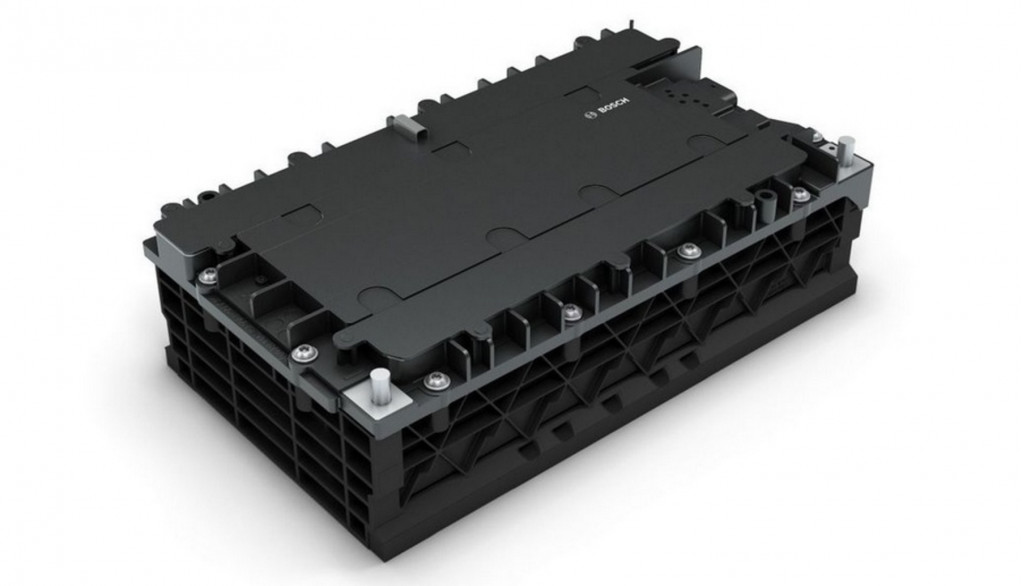Mercedes-Benz has already laid out its plans for a portfolio of electric and electrified vehicles, and now parent company Daimler has announced further strategy refinements for Mercedes-Benz and its other brands.
The Smart brand will become all-electric, it said, while its commercial truck operations will continue to add electrified powertrains to the mix, with an end goal of pure electric commercial trucks and vans.
The refinements to Daimler's electric-vehicle plans come as the urgency for zero-emission cars and trucks grows, and as China in particular prepare to ban the sale of vehicles powered by internal-combustion engines.
DON'T MISS: Mercedes-Benz GLC F-Cell EQ Power plug-in hydrogen crossover launches at Frankfurt
Mercedes-Benz will continue to bolster its upcoming EQ lineup of electric vehicles, with the EQC crossover utility vehicle that will arrive next year to lead the charge.
Reservations for the electric SUV are now open in Norway and the brand debuted the EQA compact electric hatchback at the 2017 Frankfurt Motor Show last month.
Mercedes-Benz says EQA demonstrates how electric powertrain benefits translate to the compact class, and that we'll see the EQ range expand further in the coming years.

Mercedes-Benz GLC F-Cell
The brand also reiterated its commitment to hydrogen fuel-cell technology and plans to launch the GLC F-Cell SUV in late 2019.
The GLC F-Cell uses a 13.8-kilowatt-hour lithium-ion battery pack and a hydrogen fuel-cell stack to power its single electric motor.
Ahead of the purely-electric cars, Mercedes-Benz will expand its plug-in hybrid portfolio of gasoline-electric vehicles.
READ THIS: Mercedes-Benz electric cars to arrive sooner as urgency increases
All future Mercedes-Benz plug-in cars will wear the "EQ Power" badge to denote their hybrid powertrain.
The brand says that hybrid engine and transmission combination will fit in cars from the C-Class upward thanks to its scalable properties.
All cars powered by gasoline will also receive 48-volt mild-hybrid systems. The S 450 large luxury sedan already boasts the system, which the company says reduces carbon emissions by 22 percent.
Bosch 48-volt lithium-ion battery for mild-hybrid systems
Moving on to Smart, the brand will transition to fully battery-electric cars from 2020 onward.
Daimler won't confine the strategy to just Europe, either—Smart vehicles in the United States have followed the electric-only strategy starting with the 2017 model year.
Additionally, Daimler commercial trucks will move to electrification, too.
CHECK OUT: VW plans for electric trucks and buses, starting production next year
The automaker already revealed the FUSO eCanter earlier this year, but a wide range of electric commercial vehicles will arrive in the coming years.
The FUSO eCanter will handle light- and medium-duty truck segments.
The next-generation Sprinter van will also feature an all-electric variant in the future as well.
Next-generation Mercedes-Benz Sprinter teaser image
Despite modern technology hurdles, Daimler Trucks North America is working on an electric Freightliner eCascadia for long-distance haulage.
Range is essential for long-distance trucks, and thus far, no company has revealed a breakthrough.
Daimler's updates follow VW Group's commitment to electrifying its commercial truck business as well: Volkswagen Truck & Bus said it will begin to roll out its electrified commercial vehicles as early as next year.
_______________________________________












